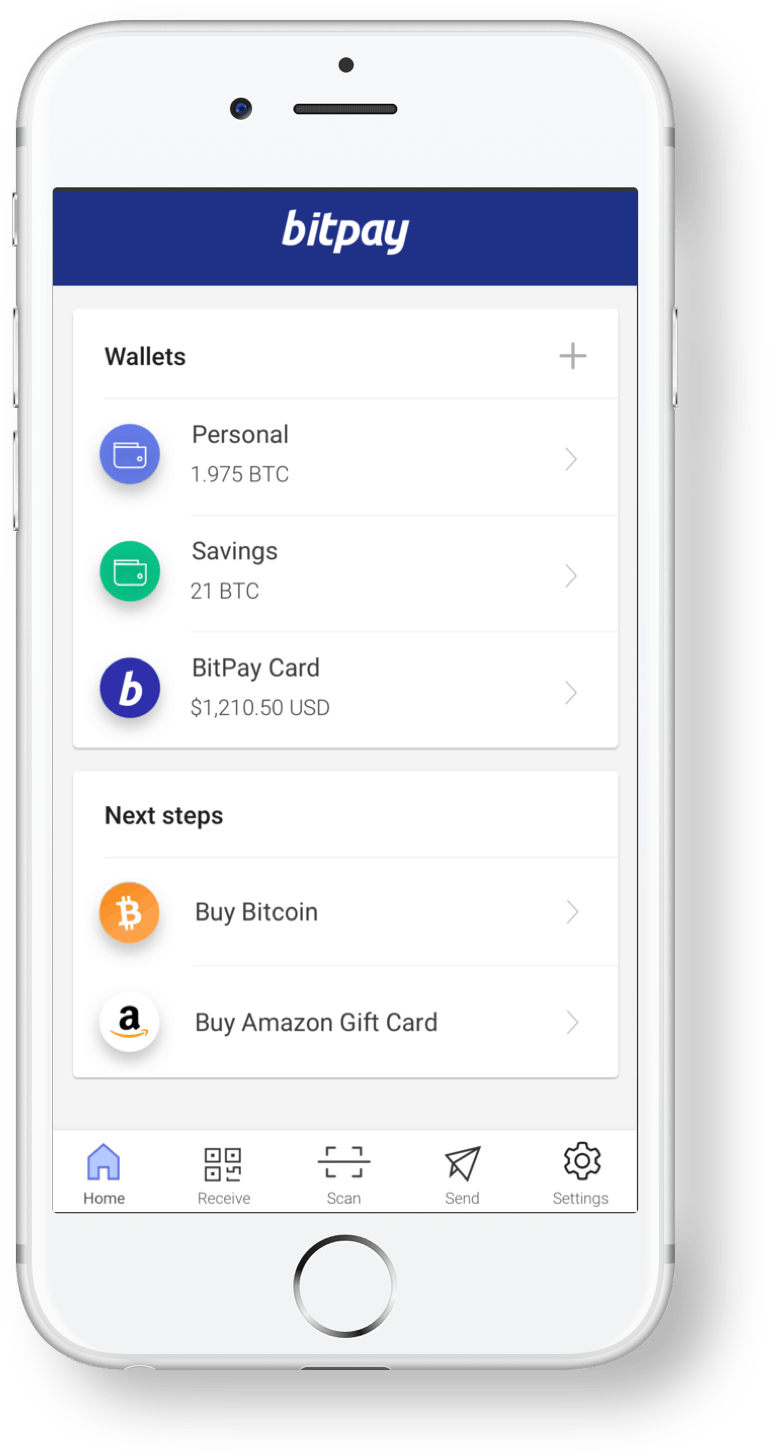

Bitcoin miners act as a decentralized authority which enforces the Bitcoin network’s credibility by performing these tasks and maintaining the Bitcoin ledger. Bitcoin was one of the first cryptocurrencies to implement P2P and its system shifts the responsibility of processing the blockchain transactions to Bitcoin miners while giving them rewards for doing so. P2P Explained Bitcoin peer-to-peer (P2P) technology is meant to make instant payments easier. As new information comes along, a freshly added block is minted and added to the blockchain while other nodes verify the whole thing. This makes it so that no trusted third party is necessary, and no single person is in control, rather all network participants are. Given that all of the Bitcoin network’s computers are running the exact same list of blocks, participants are assured of the process transparency because the ledger is maintained safely in this decentralized database. The blockchain itself can be visualized as a string of blocks and within every block one can find immutable information, usually a collection of transactions, that are permanently recorded and which everyone can look into. What is a Blockchain Bitcoin’s system can be described as a group of computers (often called miners or nodes) which stores the Bitcoin blockchain and runs the Bitcoin code. When trading Bitcoin its name is often abbreviated as BTC. Bitcoin transactions are verified by a process called mining which basically runs on computing power to solve mathematical puzzles. Bitcoin uses cryptography to assure its safety and reliability. Nonetheless, Bitcoin has been recognized as legal tender in El Salvador and as it makes its way into our every day lives, other countries might soon follow suit.



While some may still be wondering what is Bitcoin, who created Bitcoin, or how does Bitcoin work, one thing is certain: Bitcoin has changed the world. Worldcore, a Czech Republic-licensed payment institution, began in June accepting Bitcoin


 0 kommentar(er)
0 kommentar(er)
